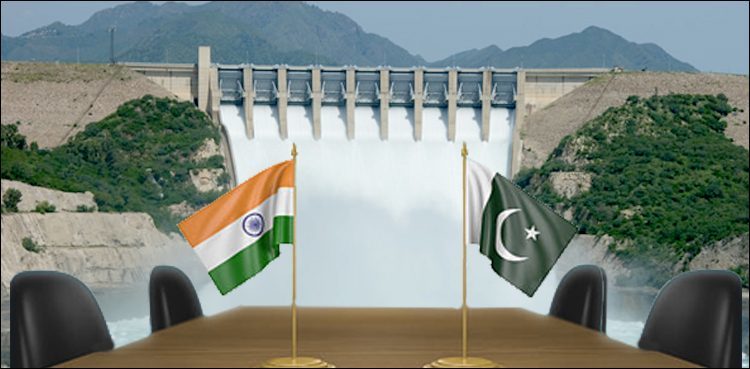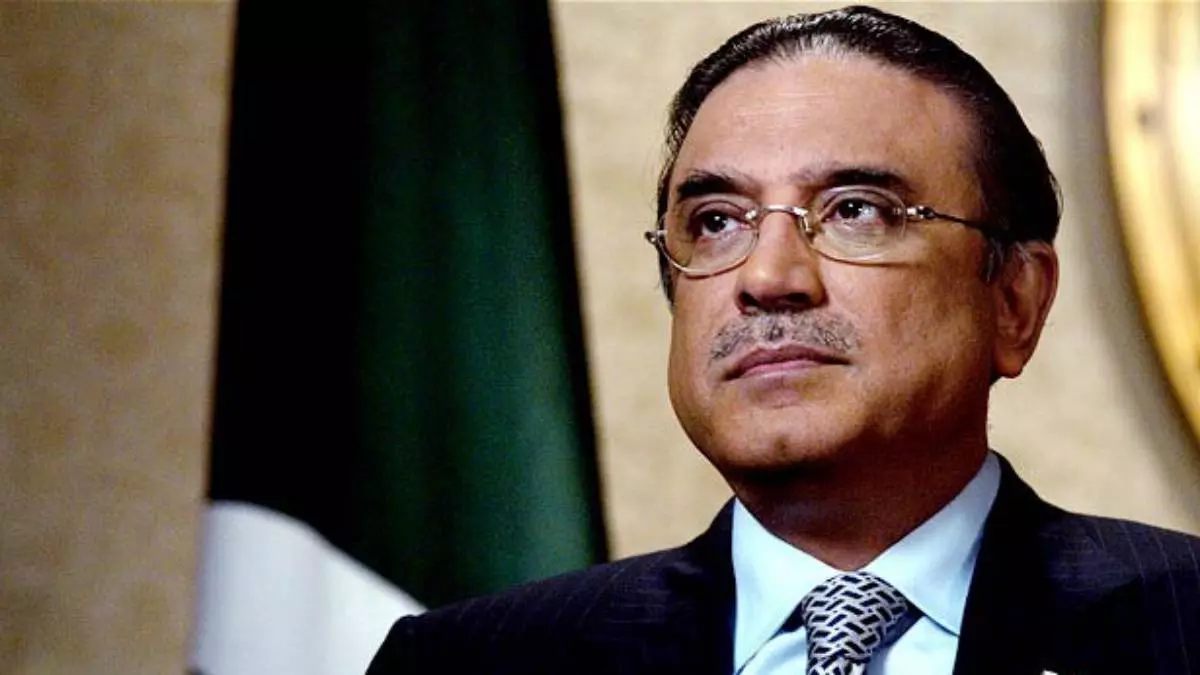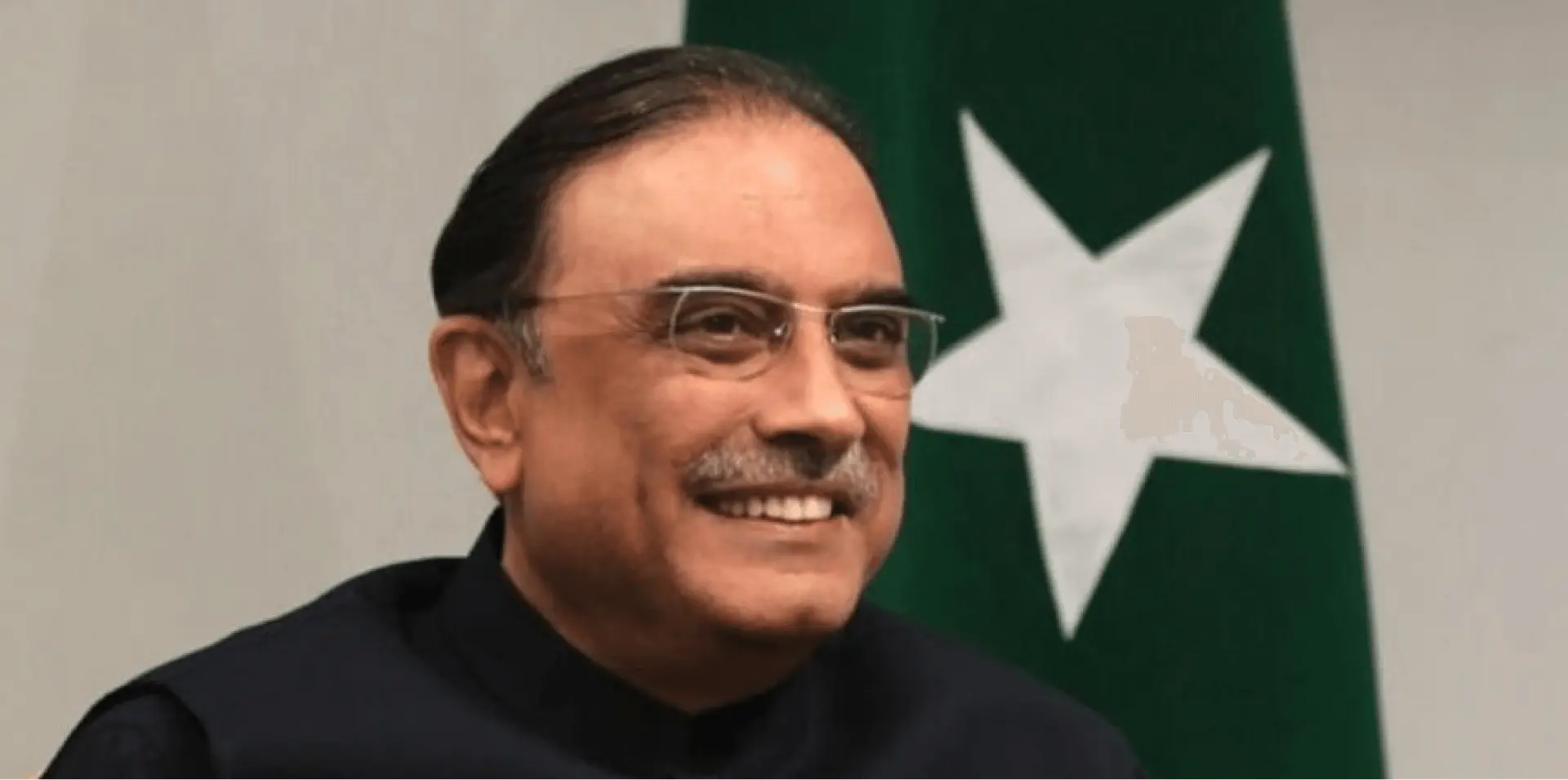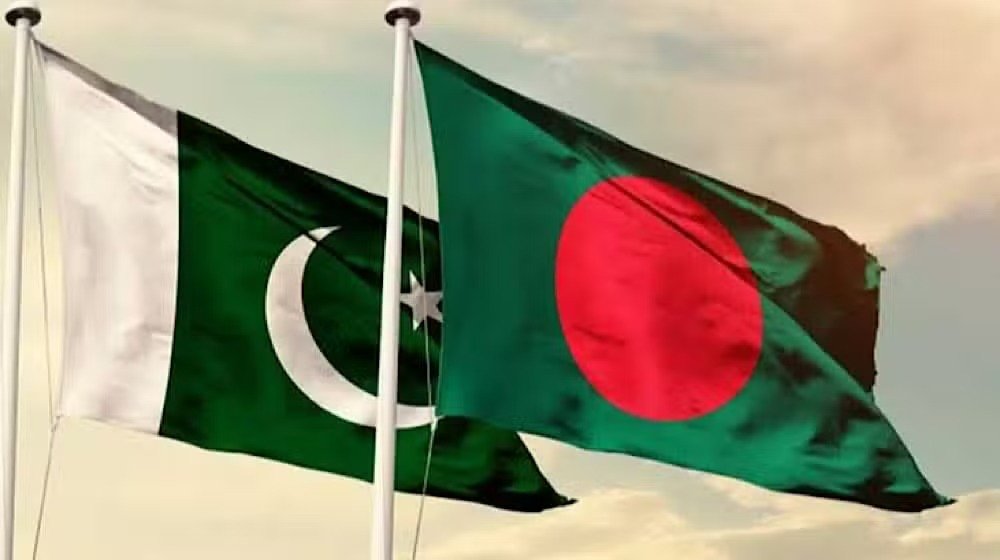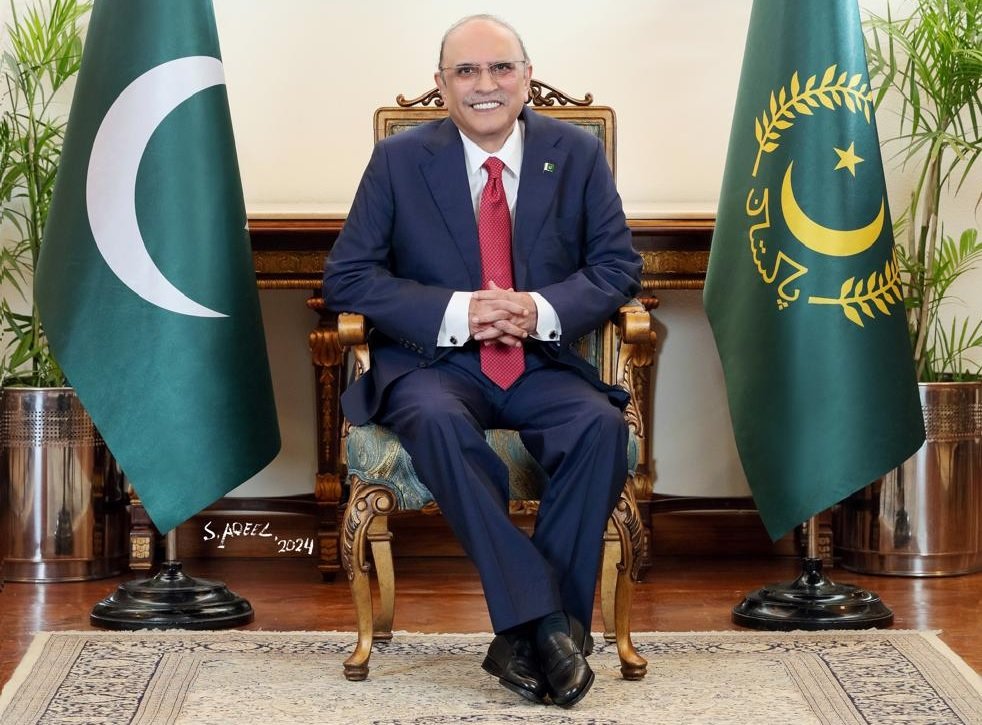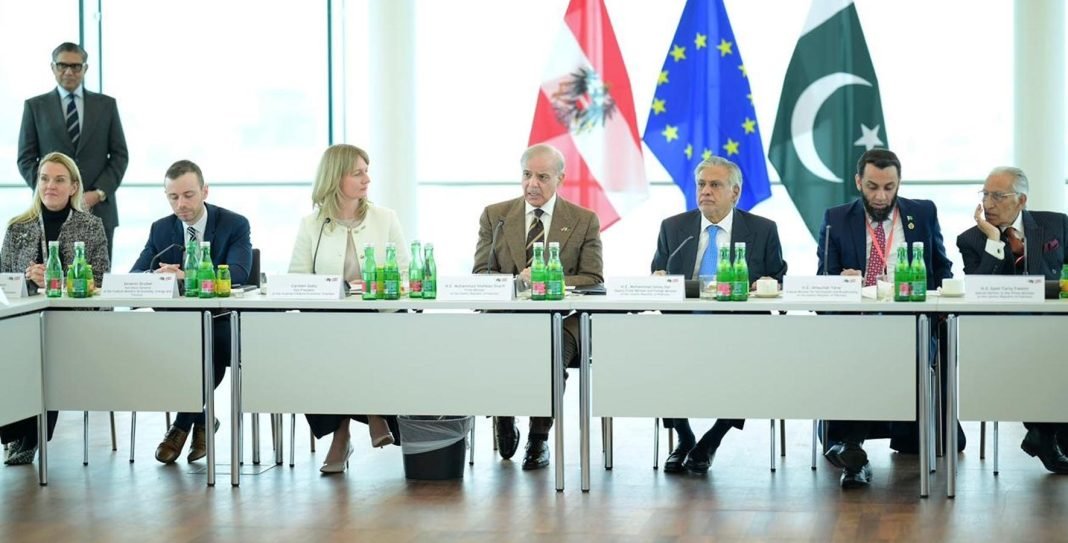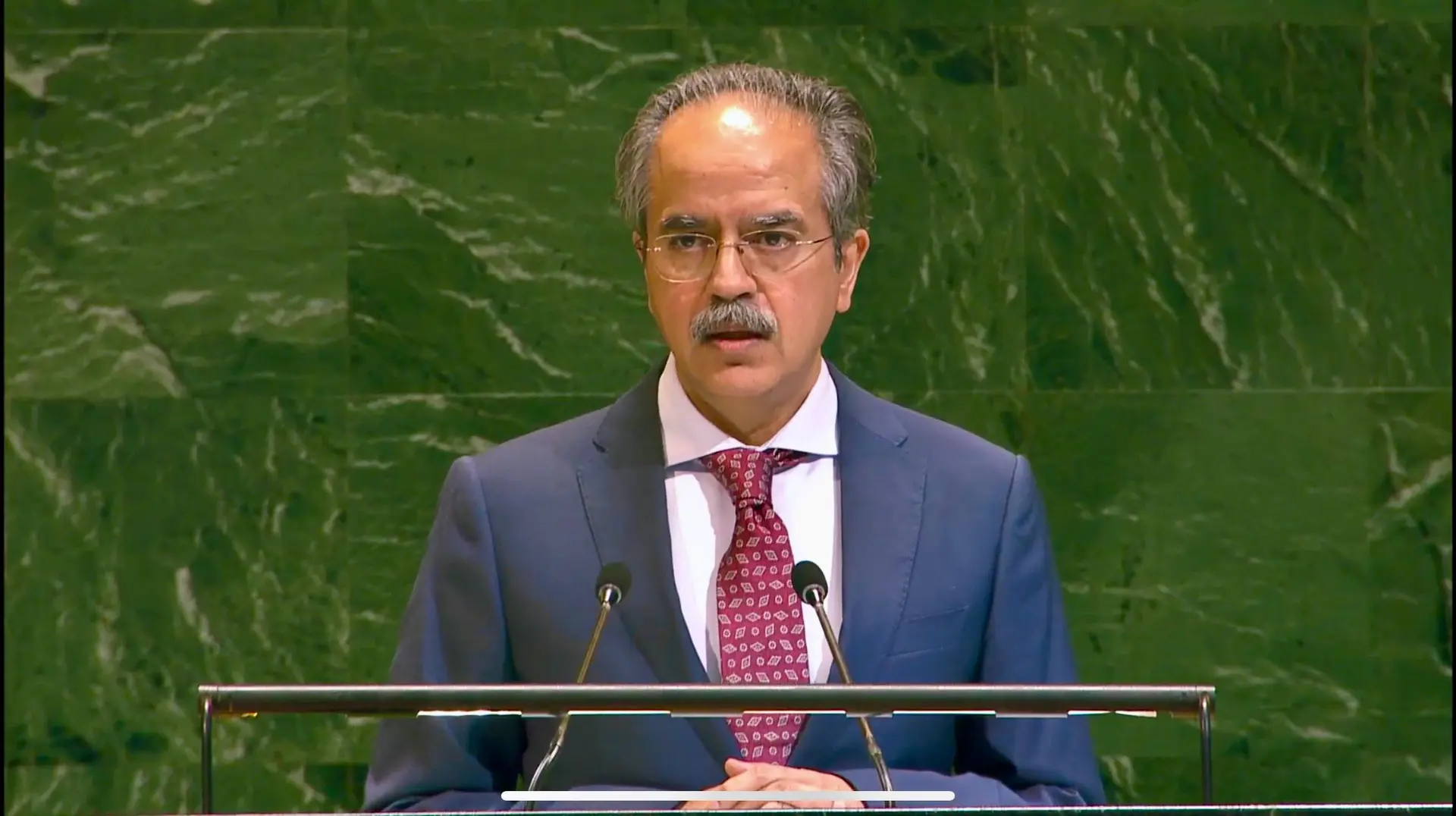New Delhi, April 24, 2025 – The Europe Today: In response to a deadly attack in Pahalgam, Indian Illegally Occupied Jammu and Kashmir (IIOJK), that resulted in the deaths of 26 tourists and left 17 others injured, India has suspended the Indus Waters Treaty with Pakistan. The historic move comes as tensions between the two neighboring countries escalate following the attack, which has been described as the deadliest assault on civilians in the region since 2000.
Indian Foreign Secretary Vikram Misri briefed the media on Wednesday, stating that the cabinet had been comprehensively briefed on the attack. Misri, however, declined to answer questions from the press during the session, instead outlining the key decisions made in the emergency meeting.
“The Indus Waters Treaty of 1960 will be held in abeyance with immediate effect, until Pakistan credibly and irrevocably abjures its support for cross-border terrorism,” Misri announced, signaling a dramatic shift in India’s stance on water-sharing between the two countries. The suspension of the treaty, which has governed the distribution of river waters between India and Pakistan for more than six decades, represents a major departure from past cooperation, even during times of military and diplomatic tension.
In addition to suspending the Indus Waters Treaty, India has also closed the Attari-Wagah border crossing, a vital route for trade and civilian movement between the two nations. The border crossing will remain shut indefinitely.
Further escalating tensions, the Indian government has imposed a ban on Pakistani nationals entering India. Those already in the country have been given 48 hours to leave. The Indian cabinet has also ordered the expulsion of all Pakistani military advisors from the Pakistan High Commission in New Delhi, including personnel from the army, navy, and air force. In a reciprocal move, India has recalled three military service advisors and five auxiliary staff members from its High Commission in Islamabad. India has also requested Pakistan to reduce the size of its diplomatic mission in New Delhi, requesting a reduction in staff from 55 to 30.
The high-level cabinet committee meeting, chaired by Prime Minister Narendra Modi, took place on Wednesday night following the attack. The attack occurred on Tuesday, when gunmen opened fire on a group of tourists in Pahalgam, a popular destination located 90 kilometers from Srinagar. The assailants’ gunfire sparked widespread panic, prompting a heavy military response. Among the 26 deceased were individuals from across India and one from Nepal, including a navy officer.
Authorities have launched an extensive search operation, deploying hundreds of security personnel to track down the perpetrators. Military helicopters have scoured the forested hills surrounding Pahalgam in an effort to locate the attackers. The Indian Army has claimed to have killed two suspected militants in a separate incident in the Uri sector. The search for the Pahalgam attackers remains ongoing.
While a previously unknown militant group, ‘The Resistance Front’, has reportedly claimed responsibility for the attack, no official confirmation has been made regarding the identity of the assailants.
In response to the attack, Prime Minister Narendra Modi condemned the “heinous act,” vowing that the perpetrators would “hear our response loud and clear.” Defence Minister Rajnath Singh reiterated the threat, declaring that those responsible, including those “on our land,” would face retaliation.
The attack and its aftermath have prompted significant diplomatic and security responses. Modi convened a high-level security meeting with National Security Adviser Ajit Doval and External Affairs Minister S Jaishankar. Meanwhile, Finance Minister Nirmala Sitharaman cut short a foreign tour, and Home Minister Amit Shah traveled to the region to oversee the response efforts.
The suspension of the Indus Waters Treaty marks an escalation in the already strained relations between India and Pakistan, with both sides bracing for further developments. Although Indian media and social media accounts have pointed fingers at Pakistan, no official statement has directly accused Islamabad of involvement in the attack.
As the situation unfolds, the international community watches closely for further responses and developments in this escalating crisis.
